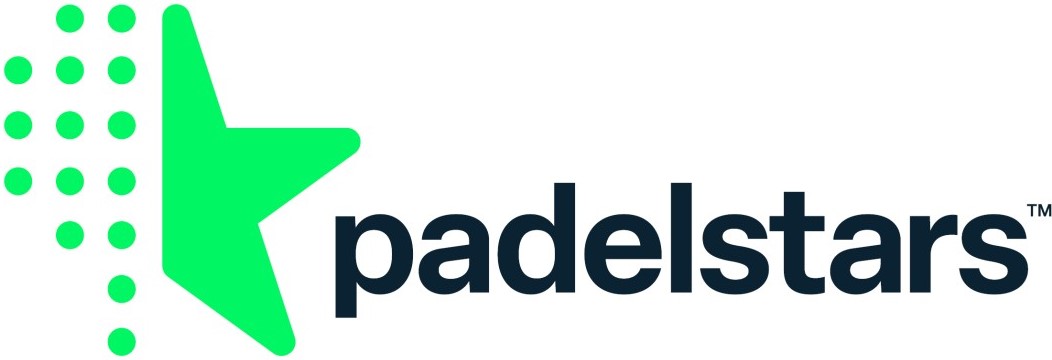Individuals and debt: The new court protocol

The pre-action protocol for debt claims came into force on October 1, 2017 and will have an impact on any business with an exposure to debts due from individuals, writes Robert Syms, partner, dispute resolution, Herrington Carmichael LLP.
The protocol arises from negotiations between creditor companies issuing debt claims, organisations representing the interests of debtors and the needs of the court service to cope with a restricted budget.
The protocol applies to business-to-business debts where the debtor is a sole trader, or there is an instance of personal liability, for instance under a personal guarantee. Any business claiming payment of a debt from an individual will need to adhere to it, unless there is a pre-action protocol already in existence such as in construction and engineering cases or mortgage arrears. Claims being made by Her Majesty’s Customs and Revenue for the recovery of taxes are also exempt.
The protocol has the aims of:
a Encouraging early engagement and communication between parties, including the early exchange of information to help clarify whether there are any issues in dispute;
b Settling claims without the need to start court proceedings, including agreeing a reasonable repayment plan, or use of an Alternative Dispute Resolution (ADR) procedure;
c Encouraging parties to act in a reasonable and proportionate manner in all dealings with one another
d Supporting the efficient management of proceedings that cannot be avoided.
The letter of claim
The first stage of the protocol requires a business seeking recovery of a debt from an individual to send a letter of claim, which is far more detailed than previously required. There is a prescribed list of information including details of the debt, interest and other charges claimed, the date of any agreement and if assigned, the details of the original debt and creditor.
The letter of claim must also have attached a series of documents including a statement of account showing interest and administrative charges, an information sheet, reply form and financial statement form (all of which are annexed to the protocol).
Letters of claim, which used at most to be one to two sides of A4 will now be approximately 10 pages long.
The reply
The reply form has to be attached to the letter of claim and the debtor is encouraged, (although not obliged) to reply on this form.
The debtor should send the reply form and, if relevant the financial statement, back within 30 days. The protocol has extended the deadline for individuals to respond beyond the 14-day timeframe that used to operate.
Disclosure
If documents are requested by the debtor in the reply form they must be provided within 30 days, or explanation should be given as to why they are not available. This will undoubtedly become a source of contention, particularly where debts are assigned and the assignees will need to provide documentation from the original lender. Debtors are likely to see a failure to provide documentation as an opportunity to argue that the debt is not owed.
Sanctions
If court proceedings are started, the court will expect the parties to have complied with the protocol. The court has the power to sanction a party who has not complied, which can include reducing or removing any right to costs or interest.
Comment
The protocol expects creditors to invest in a significant amount of effort before issue of proceedings which will involve additional cost and process change. On latest statistics, this is an expense that in the vast majority of cases would never have been incurred; court service figures from the final quarter of 2016 show that over 90% of cases that went to court were unchallenged.
The presentation of explanatory information at the outset is to be welcomed, but the volume of documentation the protocol requires a creditor to send and a debtor to complete, seems excessive. For individuals already struggling with their financial affairs, the amount of paperwork could be bewildering, particularly if they are under pressure from a number of creditors.
There may be sanctions for non-compliance, but they are focused primarily upon penalising creditors who fail to adhere to the terms of the protocol. There are no corresponding penalties for individuals who continue to raise redundant issues.
In an era where a lot of individuals have an online presence and the courts themselves are moving towards the electronic filing of documents, the requirement to fill in by manuscript a four-page reply form seems an outdated requirement.
What does this mean for business?
The protocol introduces an additional element of risk and expense where debts are due from individuals. There will be increased cost in handling large volumes of these cases, which could be a deterrent for some, or the need to find new ways of passing those costs on.
The protocol increases the likelihood of delay with claims against individuals. There is obvious potential for debtors to be evasive in providing financial information. This raises the need for a robust credit profile from the outset, followed by an assertive credit control strategy, to ensure that the exposure to this part of the customer base is properly assessed and then managed.
We are currently working with a number of clients to manage the changes brought by the protocol and in finding ways to help offset the increased cost.
For further information or to discuss the issues raised by this article, contact Herrington Carmichael’s dispute resolution team:
0118 977 4045














